5 min read
Share this post
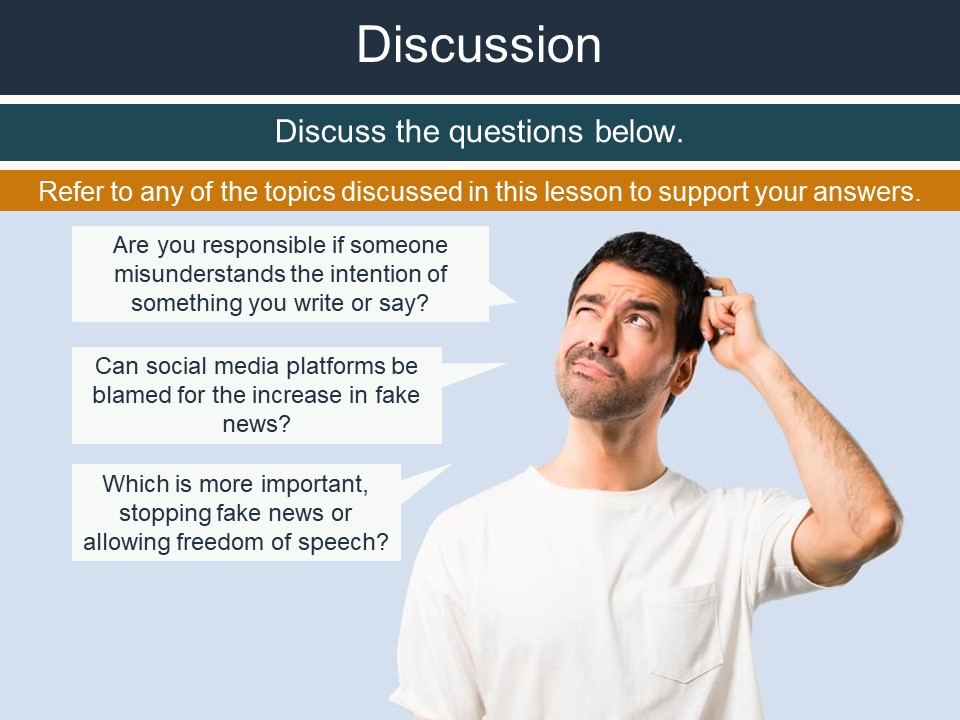
This month sees the release of ten new speaking lessons, each covering a different controversial topic. Why is it necessary to talk about subjects that have the potential to ruffle feathers? What is there to gain from talking about difficult issues? After all, wouldn’t it be easier for all concerned if we just kept to topics everyone feels comfortable with, like hobbies, travel, and food?
Most would agree that the role of language teachers goes far beyond simply covering the nuts and bolts of teaching grammar or correcting pronunciation. Learning a language opens doors to new parts of the world, and the best teachers will ensure that their students are ready for this. Given that opinions on difficult topics vary greatly around the world, teachers have a duty to prepare students for navigating this by introducing them to different outlooks.
From a more immediate perspective, too, lessons covering controversial topics that are delivered well (see here for suggestions on this) are just more fun for the teacher. How many times can you really listen to someone tell you how often they go shopping with their friends?

“How do I know what I think until I see what I say?”
I first heard this axiom from an excellent teacher of mine many years ago, and it has stuck with me ever since. Whether he borrowed it from W.H. Auden, E.M. Forster, or someone else entirely, the point remains: It is only through talking through your opinions that you really discover what you think. In an age where people hold their beliefs increasingly dogmatically, taking the time to discover exactly what we think, and why, about topics that truly matter is a valuable exercise for us all. Put simply, a deeper awareness of other perspectives makes us more rounded, kinder individuals.
More than that, though, discussing controversial topics, expressing opinions on them, and reflecting on the views of others are all vital skills for students working towards standardized tests such as IELTS and TOEFL. University students (or those hoping to attend university) also need the ability to explore difficult subjects. These lessons are, therefore, excellent practice to that end.
Finally, from our perspective as a company, new speaking lessons are among the most requested from our users, with speaking lessons that deal with controversial topics some of the most popular in our library of lessons. At a basic level, then, the demand for lessons covering controversial topics means that it made good business sense to create more of them.
But talking about controversial topics is so much more important than that. As a company, we base everything that we do on nine values. We believe that:
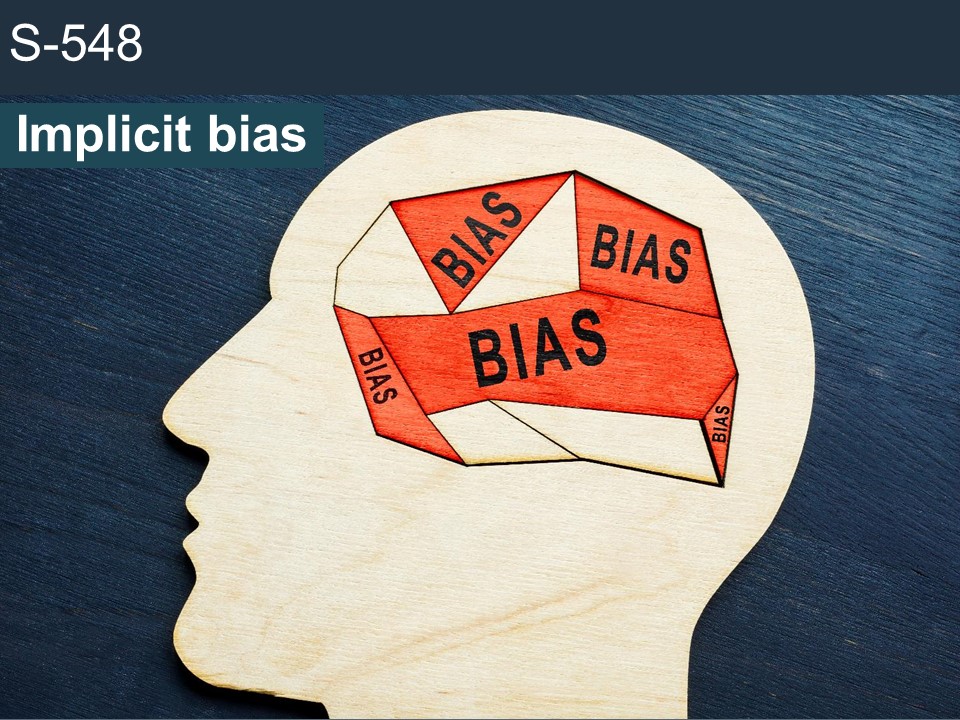
The material in these lessons is deliberately controversial. Off2Class points out that all views expressed in the material are to provoke discussion and debate in the learning environment. They do not reflect the personal views or opinions of Off2Class and its staff. Educators, teachers, and instructors are reminded to review each lesson on a controversial topic in its entirety before teaching.
You can find an article here offering great suggestions on making lessons covering controversial topics most effective.
Here are some of the topics that the new series of lessons addresses:
S543 Should everyone speak English?
English is well established as a world language, but does this mean everyone should speak English? What impact does the spread of English have on other languages and cultures? Should we care?
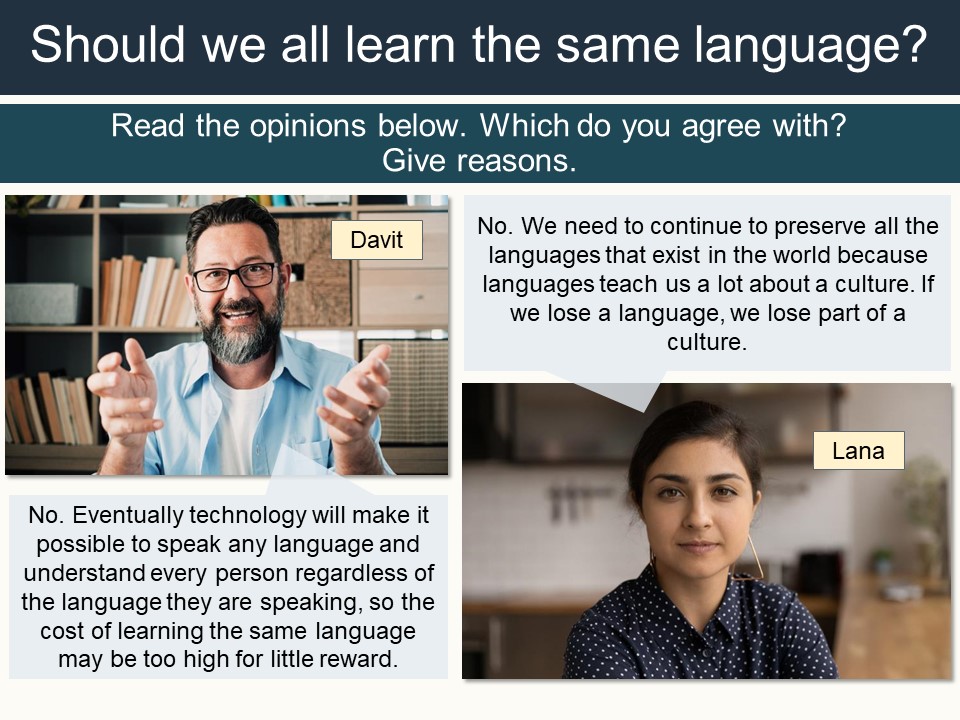
We are bombarded with more information than ever before, but how much of it can we really trust? How do we decide what is true and what is not? Are platforms responsible for policing misinformation? And how does all of this fit with notions of free speech?
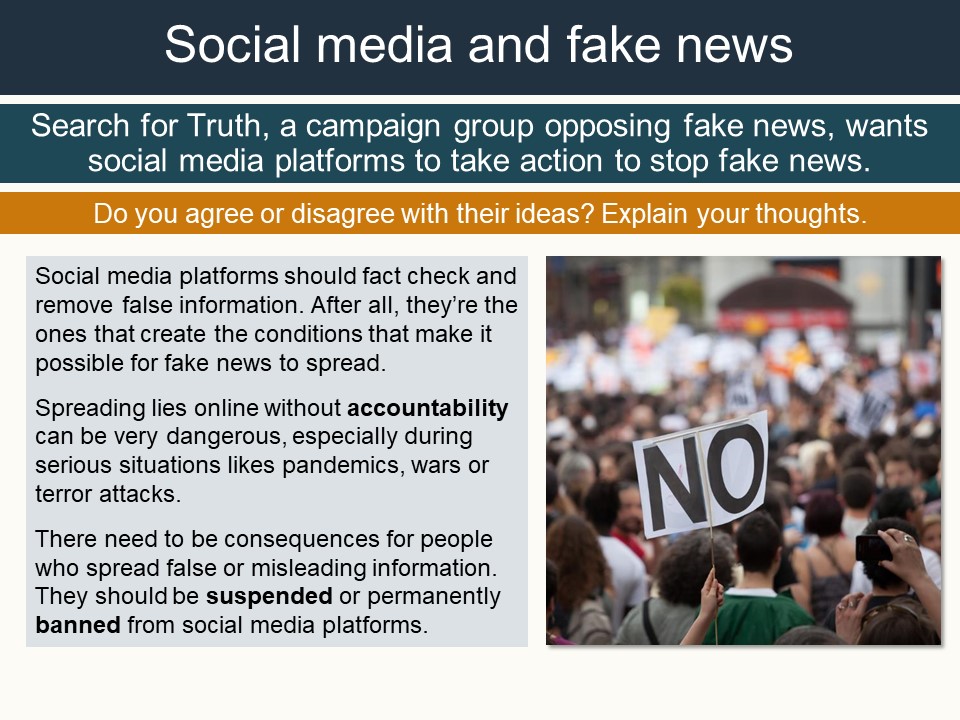
Do we have the right to protest when we are dissatisfied? What issues warrant protest? What are the most effective ways to protest? Do the ends always justify the means?
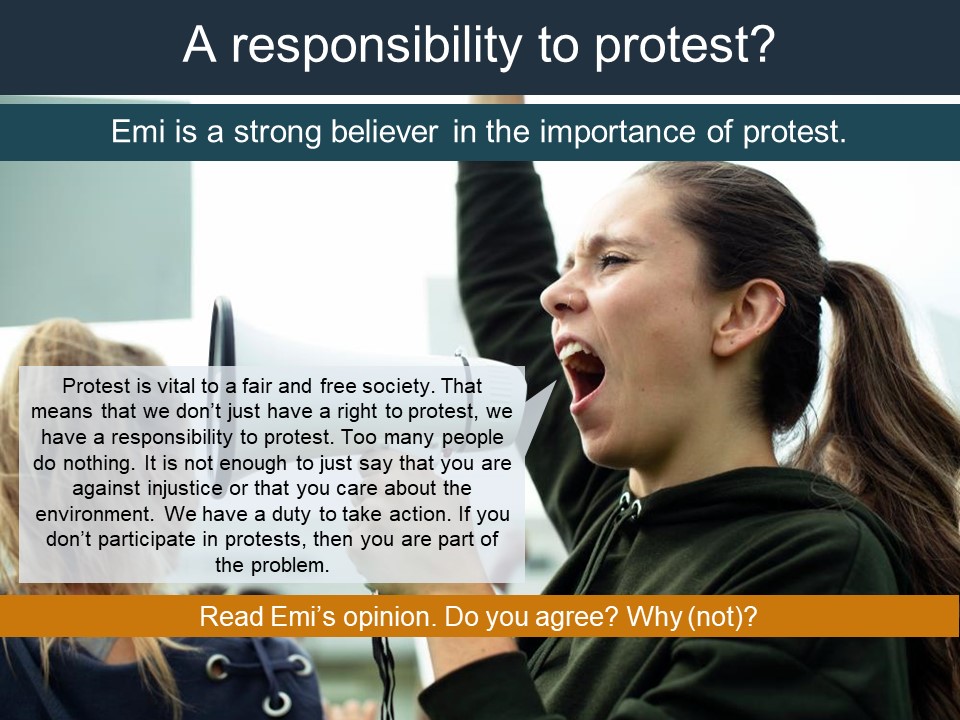
If you have nothing to hide, you have nothing to fear.
Our personal lives are more closely monitored now than ever before. Should we be concerned about this? Is it all for the greater good? Where should the line be drawn?

What price should be put on a good education? And who should pay for it? Is it right that students should take on ever-greater levels of debt simply to graduate?
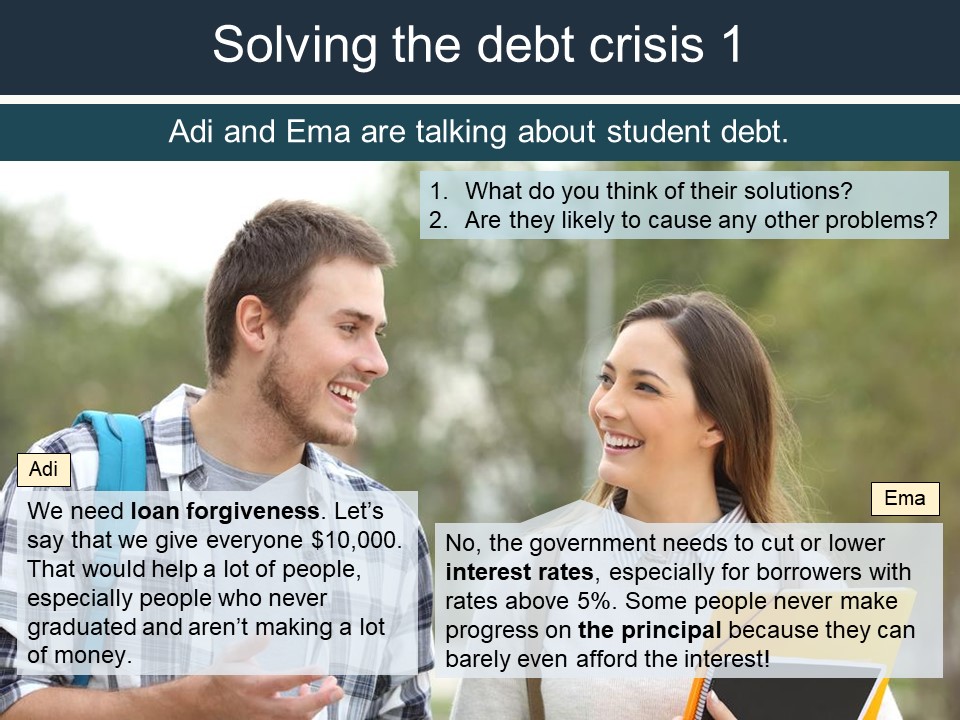
Do you agree that addressing controversial topics in the language classroom is necessary? What benefits can it bring? Do you have any challenging topics that always result in a great lesson? Let us know your thoughts below.
Share this post

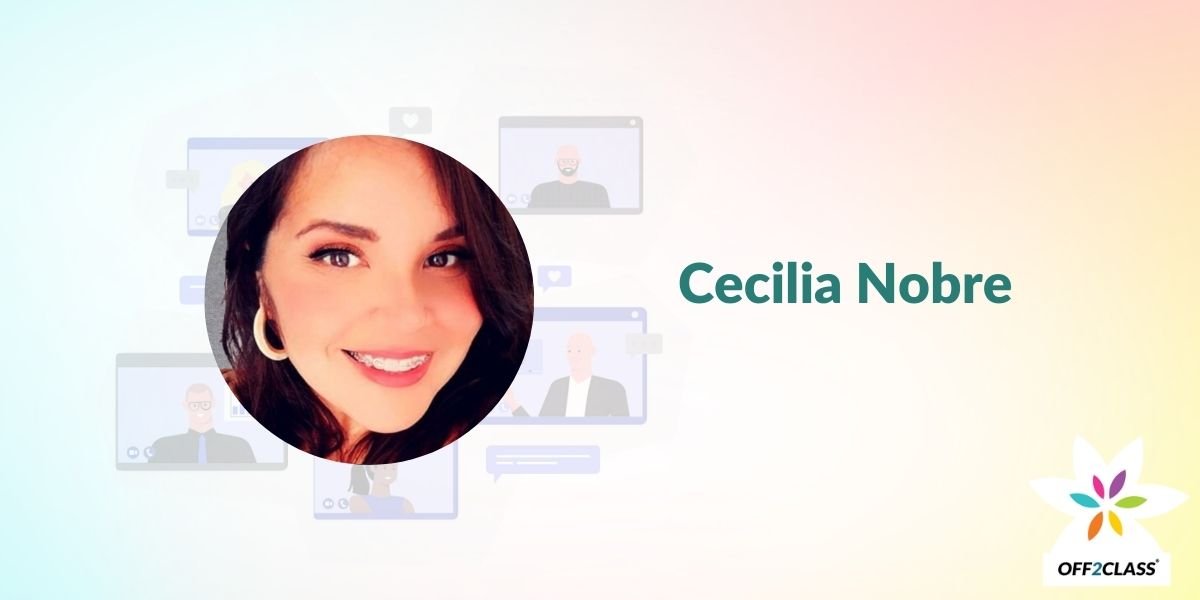

One Comment
Yes, I would definitely like to see such topics on the library list. My students like to have challanges and something interesting to talk about, something beyond the standards.